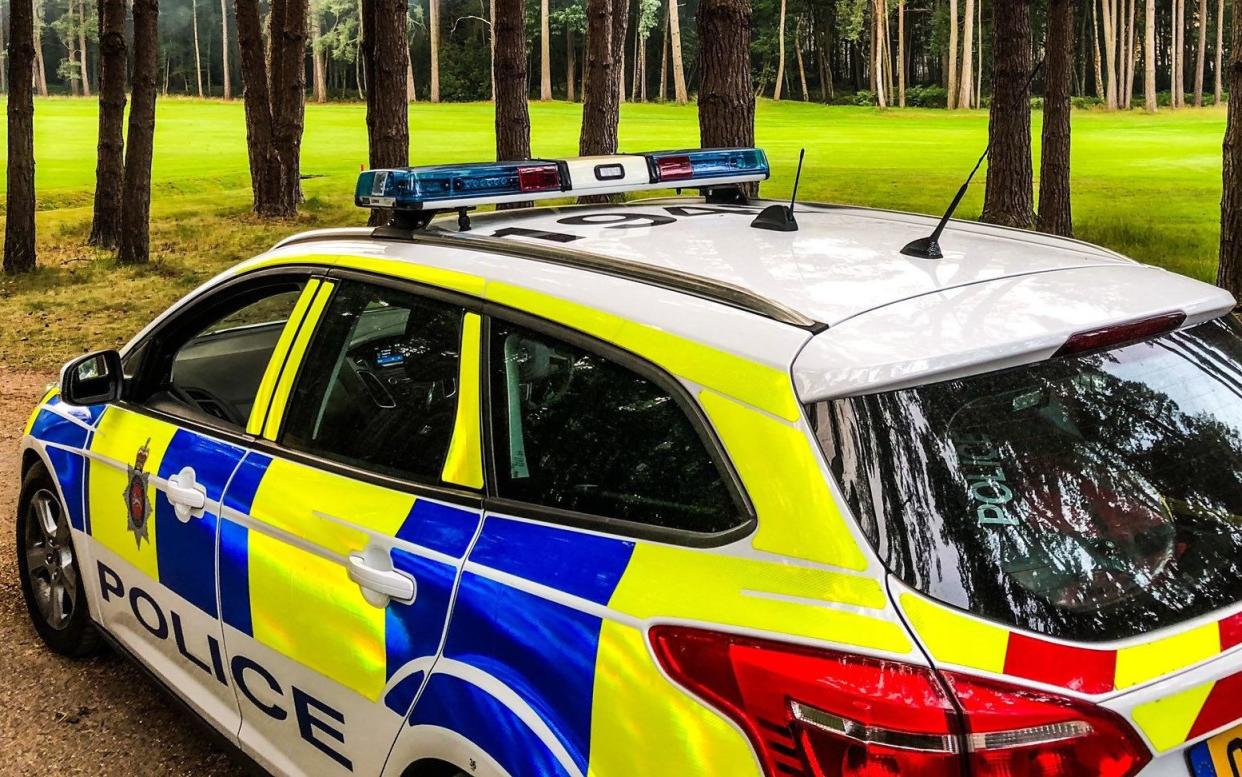British police forces not welcoming 'gender critical' job applications

Two police forces have been criticised for not welcoming job applications from people who believe that individuals cannot change biological sex, the Telegraph can reveal.
In emails seen by this newspaper, Norfolk Constabulary told a woman inquiring about a role in the force that the job “would not be suitable” for her because of her “gender critical” views.
After the candidate made clear that she did not think a person could physically transition to the opposite sex, another force in the South East said her views did not constitute “the behaviours expected” and an application “would be not successful”.
It stated that her views would likely result in her failing its “behavioural competency test”. One campaigner expressed concern at the two police forces deciding “which views are acceptable and which views are not”.
The revelation came after a serving police officer of 16 years anonymously emailed internal recruitment teams at 26 forces that were advertising for future constables.
The female officer asked if her “gender critical” views would be “a barrier to my application?”
“I must point out that I am gender critical, which means that whilst I am firmly against abuse and discrimination to trans people, I do not believe you can change your biological sex,” she wrote.
The woman in her 30s received a response from 14 forces – two of which strongly suggested her formal application would be unsuccessful.
One of the forces was her own employer, a constabulary in the South East.
“I’m monumentally outraged that you couldn’t get a job doing what I do, and that my own job is in danger, because of what I believe – which is a belief that I think most people in this country hold,” the woman said.
After Norfolk Police advised that her views would “not be something we could uphold within the constabulary”, the woman challenged the response.
“My views on this topic do not mean I would act with intolerance or abuse, just as an atheist would be no less likely to be able to be respectful towards a person of religion,” she wrote. “If there were serving officers with these views (as I know that there are), would their employment be under threat?”
A recruitment adviser invited her to hand over “details and any evidence” of officers who may share her views so they could be “investigated”.
Trans campaigner Debbie Hayton expressed concern at the two forces’ responses, saying: “They are there to uphold the law, not to decide which views are acceptable and which views are not.”
A spokesman for Norfolk Police said: “Our objective as a police force is to always ensure our officers and staff continue to police in a way that builds trust and confidence by providing a service that is inclusive and unbiased for all.”
Chief Constable Ian Hopkins, the National Police Chiefs’ Council lead for diversity and equality said: “The entire police service is bound by and must adhere to the Equality Act and the police Code of Ethics.”

